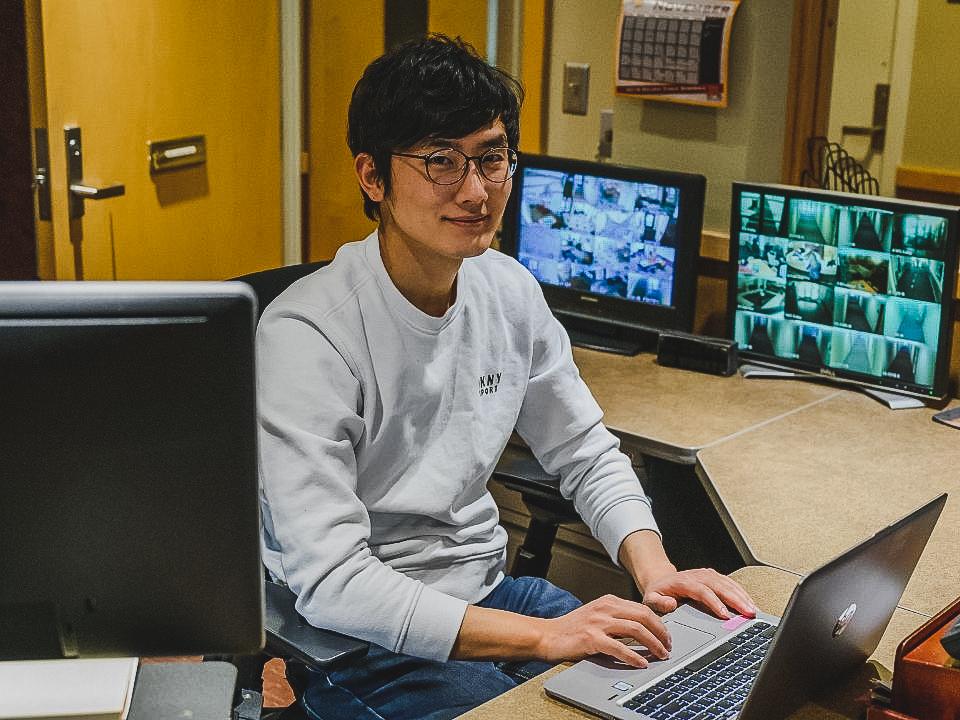
SHARPEN YOUR SKILL SET WITH OUR WRITING MINOR
When applying for jobs, you know what one of the most frequent qualifications is? “Proficient writing skills.” Writing is one of the most commonly used tools across all professions, and the writing minor will help you strengthen this skill in order to prepare you for your future career. By gaining an appreciation of the English language and developing critical thinking skills, you will be able to communicate complex ideas through writing in professional settings. This is an all-inclusive minor that explores invention, organization, drafting, revision, point-of-view, voice, style, and even listening.
Want more info?

Program Features
- Required Credits: 22
- Tile Image

- ADVANTAGEOUS IN COMMUNICATION CAREERS
- Tile Image

- Tile Image

- ON-CAMPUS & ONLINE
- Tile Image

- DEVELOP CRITICAL THINKING & THEORETICAL APPLICATION SKILLS
REAL. HANDS-ON. READY.
quick facts >>GRADUATES WILL
- Demonstrate proficiencies in the writing processes through invention, organization, drafting, revision, and editing for professional presentation.
- Use authority, point-of-view, and individual voice and style in personal and professional writing.
- Participate effectively in groups with emphasis on listening, critical and reflective thinking, and responding.


